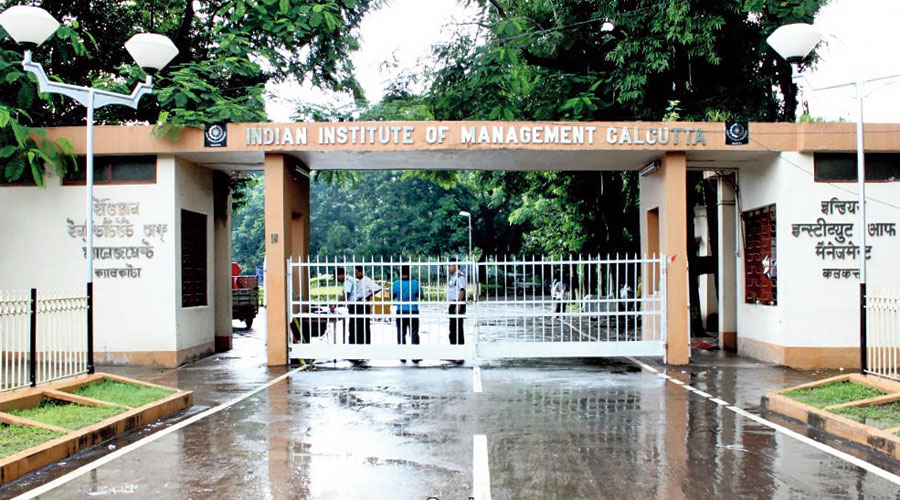Autonomy is turning out to be a cuss word in this democracy. The elected regime in power has, on several occasions, made its displeasure known towards autonomy by acting against the advocates of independent thought. Now — the irony must not be missed — ‘autonomous’ institutions are turning against the principle as well. The independence of the Indian Institutes of Management is sanctified by law. Now consider the provisions of the proposed draft code at IIM Calcutta, which seek to regulate the conduct of faculty members. Red flags have been raised against the criticism of the government or the institution, participation in protests that hurt “public order” or “decency”; there are curbs on approaching the media, seeking redressal in courts as well as signing petitions. The formulation of the draconian code may have an immediate context: the faculty had approached the government to complain against the director and the board that saw the dismissal of the former. But that is not the full story. The service rules of IIM Bangalore reportedly include the provision on criticism of the institution while teachers of IIM Ahmedabad are expected to be ‘politically neutral’.
The crux of the matter, clearly, is about putting institutions and, in the process, critical thinking and pedagogy on a leash. IIM Calcutta’s draft, as has been rightly pointed out by teachers, is in violation of several stipulations. The Central Civil Services (Conduct) Rules, the guidelines government personnel and bureaucrats are expected to adhere to, cannot be applied to teachers. There is legal precedent for this: some years ago, India’s highest court had upheld this distinction. The order was a heartening recognition of the special role that educators occupy in society. Teachers and faculty cannot be seen as inculcators of vocational skills. They germinate unbiased thought, encourage critical examination of realities by their wards, and serve as a bulwark to protect the tradition of creating and disseminating knowledge. A university or, for that matter, an IIM, remains the very embodiment of the assurance of such freedoms in the academic domain. It is now abundantly clear that academic institutions can no longer take their autonomy for granted: not just the government but even the University Grants Commission seems to be exceeding its brief in some cases. The whittling down of the agency of teachers and the institutions they serve comes at a time when India’s National Education Policy has recognized that excellence in academics is predicated upon the ability to think freely. New India never ceases to puzzle.











